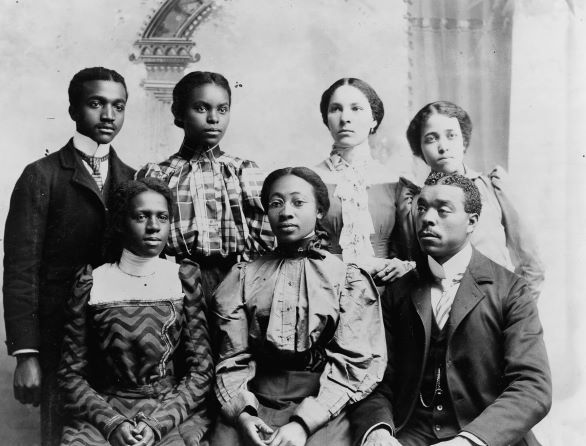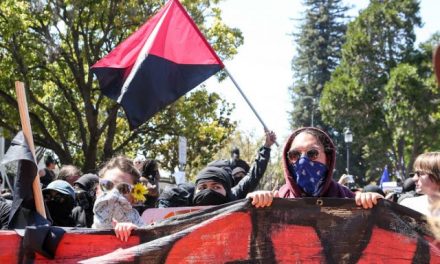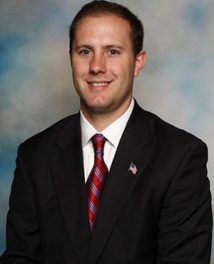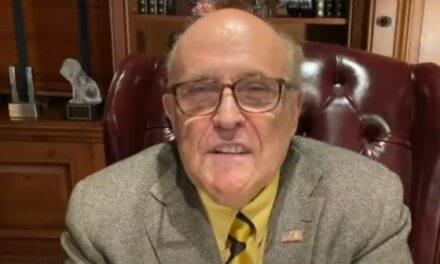LTP News Sharing:
Most public education resources only scratch the surface of black history in America. You will not see most of the exceptional accomplishments of blacks throughout American history. When American history is inadequately represented and is devoid of black history, we are missing some of the greatest inspirational stories ever told.
It’s the reason that I co-founded The Yocum African American History Association. I’m white, and my partner, Frances Presley Rice, is black. We both believe that when Americans know more about each other, it’s the surest path to unity. We were on a mission to uncover hidden black history. Our quest is to demonstrate that black history is American history and we want to foster racial harmony.
How many students know about the black heroes of the Revolutionary War?
Thousands of free and enslaved blacks fought in every major battle from Lexington and Concord to Yorktown and served in an integrated army. Some blacks were fighting for the promise of freedom, while others were fighting for their country’s independence. By 1779, fifteen percent of the Continental Army was black. Peter Salem was born a slave and joined the Massachusetts Minutemen, and was a sharpshooter who played a vital role in the Battle of Bunker Hill. Salem was honored in John Trumbull’s painting, “Battle of Bunker Hill.” James Armistead posed as a runaway slave and gained the trust of the British and gave strategic information of troop movements to the Continental Army resulting in success at the Battle of Yorktown in 1781.
Students learn about the Abolitionist movement and Harriet Tubman, but what about Levi and Catherine Coffin, who helped more than 3,000 slaves escape to freedom? Or what about the escaped slaves Ellen and William Craft, who became active in the Abolitionist movement? Or the wealthy free black James Forten family of Philadelphia, who were instrumental in the fighting for slave freedom.
Frederick Douglass was a great well-known orator, but what about Robert B. Elliott? Robert B. Elliott was a U.S. Congressman whose speech “The Shackle is Broken” addressed the Civil Rights Bill of 1875, which enriched the meanings of liberty and citizenship. Elliott’s speech was so brilliant that some doubted if he wrote it. Additionally, more than 2,000 black leaders during Reconstruction at the local, state, and national levels contributed invaluable leadership to America.
There are thousands of stories about inspirational leaders: inventors such as Granville T. Woods, called the black Thomas Edison, was awarded more than forty-five patents for his inventions, or the first black woman physician, Dr. Rebecca Crumpler, who graduated from medical school in 1864, or people in business such as the “Potato King” Junius G. Groves who produced more white potatoes than anyone in the world, or explorers such as the first black woman astronaut Mae Jemison, or the NASA pioneer mathematician Katherine Johnson of Hidden Figures fame, and the gifted surgical teacher, Vivien Thomas who never went to college, but was awarded an honorary doctorate from Johns Hopkins University in 1976.
We founded the Yocum African American History Association in 2018 with a mission to broaden the knowledge of the cultural sector, educational community, and the public by making available documented African American history.
Initially, our non-profit organization developed several lesson plans focused on comprehensive and well-researched stories inspired by hundreds of original and historically accurate graphs, maps, broadsides, and photographs. All of the information was procured as references to prevent the limited and stereotypical views of African American history.
After reviewing the lesson plans, Paragon House decided to publish the lesson plans as an eBook. The eBook with the title Black History 1619-2019 was published and released in 2019.
Subsequently, we agreed with Paragon House to publish a printed edition of the book with a release in early 2021. Our new vision is to have documented African American history available in libraries, schools, and online platforms with public access around the country.
We believe that knowledge is power, and education is the key to success. We also believe that sharing black history, which includes the significant contributions blacks made in American history, is vital.
Additional information may be found at: https://www.yocumblackhistory.org/
_______________
NOTE:
This article was written by Sandra K. Yocum, co-founder and president of the Yocum African American History Association in Medina, Ohio.
This article was posted on the National Black Republican Association website by Frances Presley Rice, co-founder and vice president of the Yocum African American History Association, lives in Sarasota.







